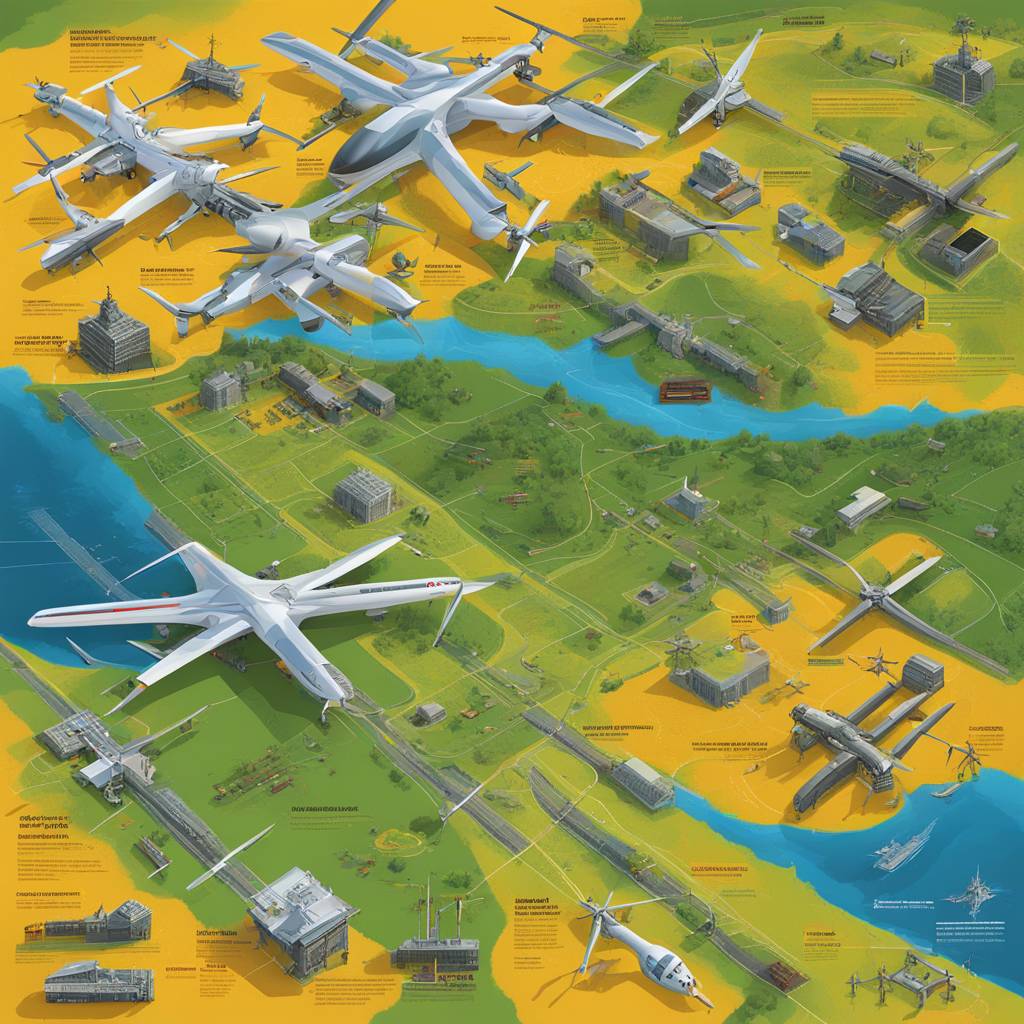In a recent escalation of attacks, Moscow launched a large-scale assault on Ukraine’s energy infrastructure, hitting multiple regions with 99 drones and missiles. Air raid warnings were issued across the country, with 10 Ukrainian regions under fire. This attack was seen as retaliation for recent Ukrainian aerial assaults on the Russian border region of Belgorod, with energy infrastructure being a primary target. The city of Kharkiv experienced widespread blackouts after a thermal power plant was targeted, affecting 700,000 residents. In the winter of 2022-23, Russia had similarly targeted Ukraine’s energy infrastructure, causing frequent blackouts.
Ukraine’s state-owned grid operator, Ukrenergo, confirmed that Friday’s attack deliberately targeted thermal and hydroelectric power plants in central and western regions. President Volodymyr Zelenskyy accused Moscow of risking an ecological disaster similar to the destruction of the Kakhovka Dam in June 2023, an incident that led to deadly flooding and environmental catastrophe. Zelenskyy also warned that Moldova would be threatened if the dams were hit, as the Dnister Hydroelectric station is located near the Moldovan border. Russia and Ukraine have both accused each other of destroying the dam, with conflicting claims about the cause of the destruction.
The attacks on Ukraine’s energy infrastructure also impacted private operators like DTEK, which reported damage to three thermal power plants and initiated emergency power shutdowns in Odesa. Civilian casualties were reported, including injuries and fatalities resulting from drone attacks in different regions of Ukraine. The bombardment in western Ukraine led to the Polish Armed Forces deploying aircraft, and fragments of drones were found on Romanian territory near the Ukrainian border. Belgorod, a Russian city, also came under fire, with reports of damage to residential buildings and casualties in the attacks.
The ongoing conflict between Russia and Ukraine has intensified with these recent attacks on energy infrastructure and civilian areas. Both countries have accused each other of aggression and violations of international law, with the situation showing no signs of de-escalation. The use of drones and missiles in targeted attacks has resulted in casualties and significant damage, raising concerns about further escalations and the potential for broader regional destabilization. The involvement of neighboring countries like Poland and Romania, as well as the impact on Moldova, highlights the regional implications of the conflict and the need for international diplomacy to address the crisis.
The attacks on Ukraine’s energy infrastructure have also raised concerns about the humanitarian impact on civilians, with widespread blackouts affecting essential services and quality of life. The destruction of critical infrastructure like power plants and dams not only poses immediate risks to public safety but also threatens long-term environmental consequences. The targeting of civilian areas and residential buildings has led to casualties and forced neighboring countries to respond to the security risks posed by the conflict. The international community faces the challenge of balancing humanitarian aid and security considerations in responding to the crisis in Ukraine.
As the conflict continues to escalate, the role of international organizations like NATO and diplomatic efforts to negotiate a ceasefire become increasingly important. The impact of the attacks on Ukraine’s energy infrastructure highlights the vulnerability of critical systems to military strikes and the need for enhanced security measures to protect civilians and prevent further escalation. The humanitarian crisis in Ukraine, exacerbated by the destruction of infrastructure and ongoing military operations, requires a coordinated international response to provide aid and ensure stability in the region. The future of the conflict remains uncertain, with the potential for further violence and instability affecting not just Ukraine but the broader region.













